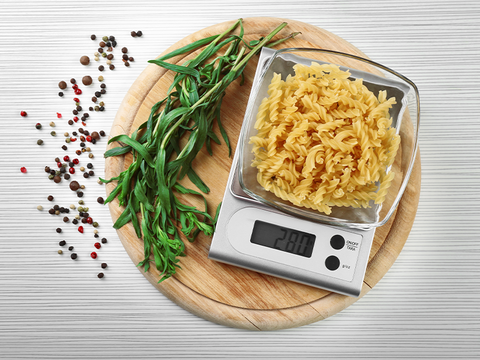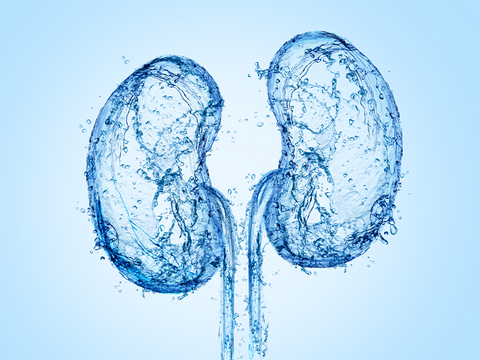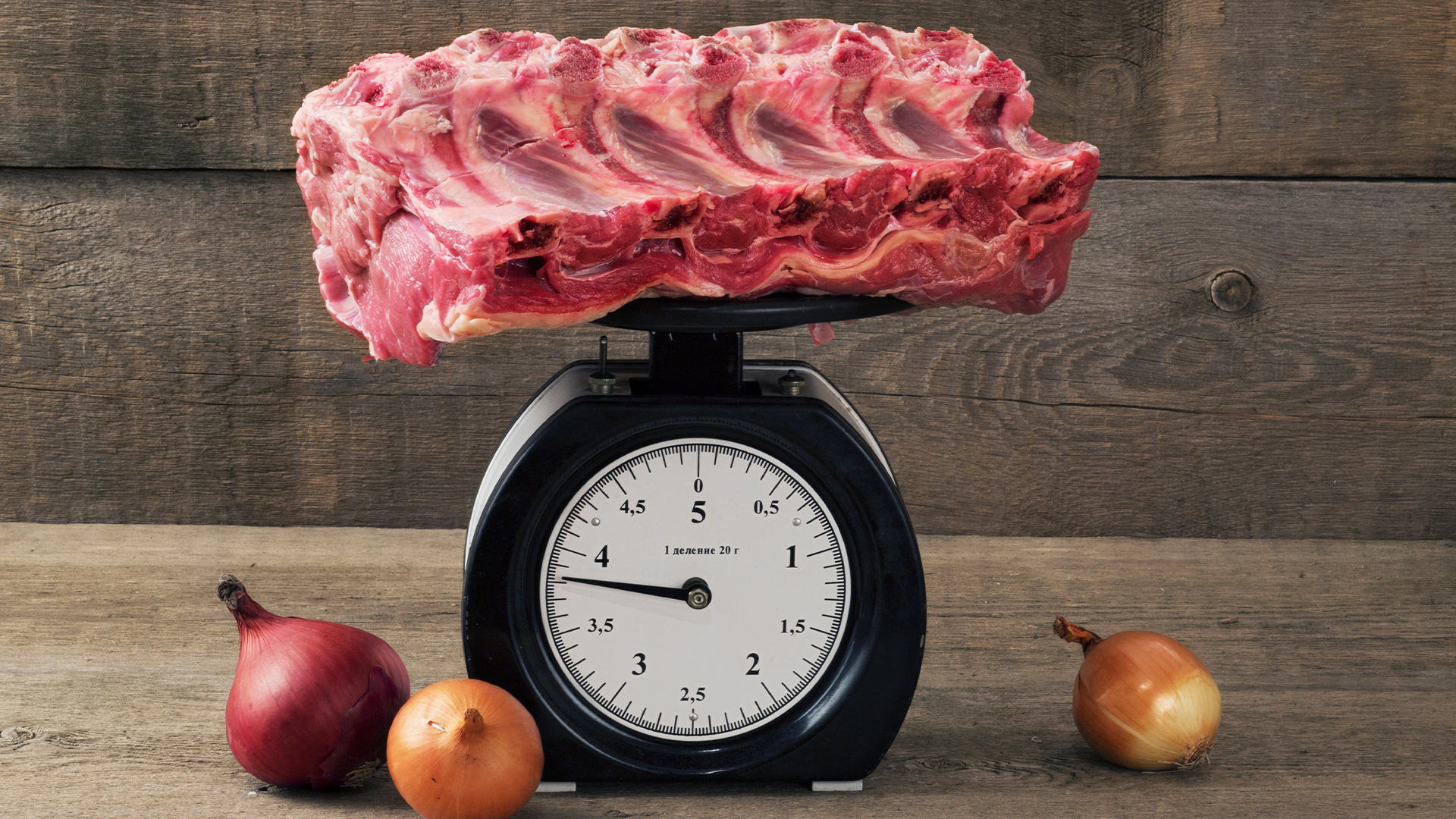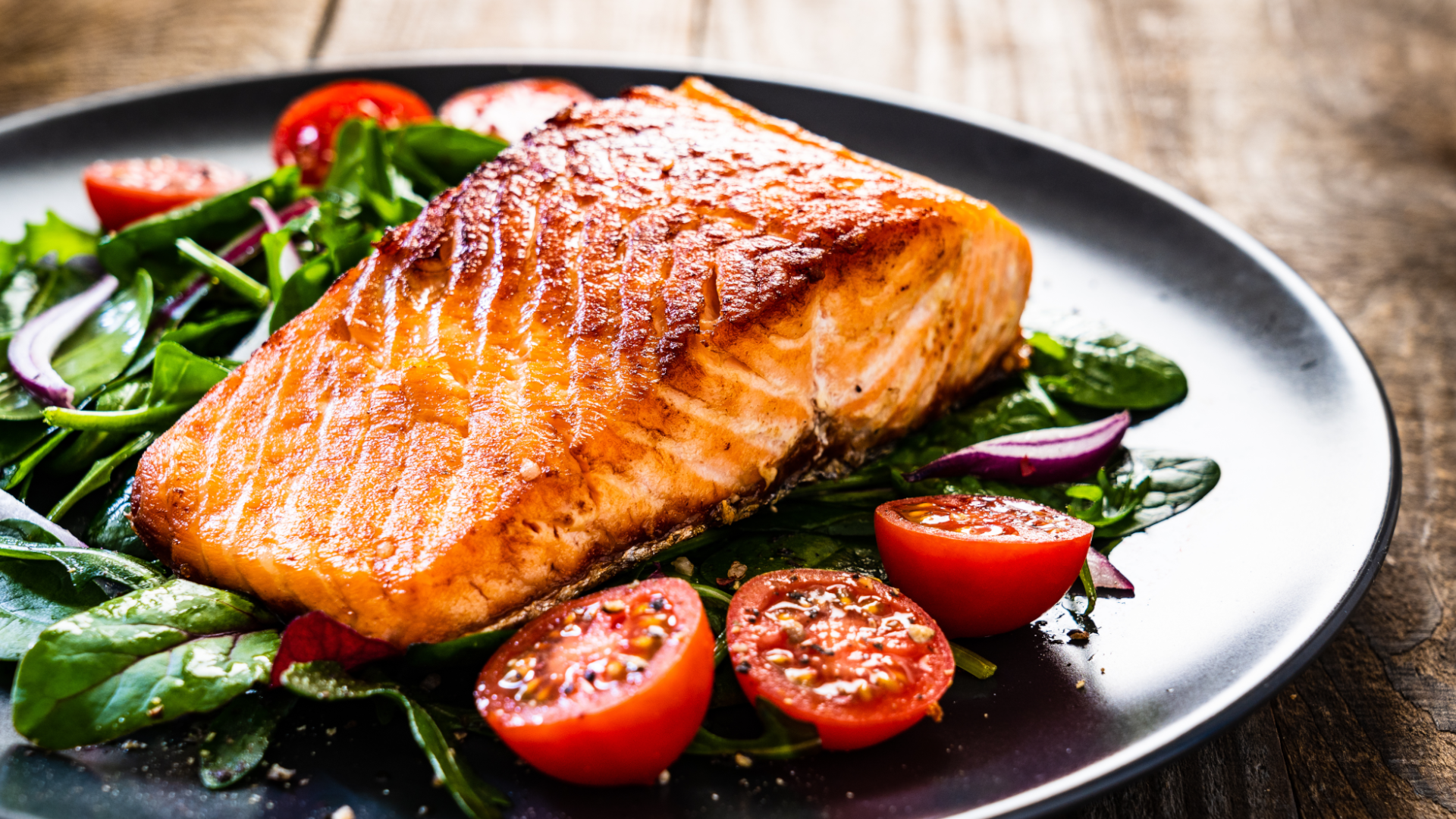Grab your cheat sheet |
Strength training athletes are pretty obsessed with their protein consumption. Many measure out their food and count their daily macros with precision. This, along with plenty of exercise, can result in some serious body goals.
But is this safe?
Can you take on too much protein?
How much protein can your body absorb?
There is conflicting evidence on how much protein our body can absorb in one sitting and how much it can absorb throughout the day. Some studies have shown that the optimal intake level is around 1.6 grams of protein per kilogram of body weight per day. 
But this isn’t a limit, and everyone’s body and exercise regimes are different. You, therefore may need a bit more or a little less, but it’s a good place to start.
The same study found that our bodies can only utilize around 25 grams of protein per meal for muscle synthesis (defined as a 1-hour to 90-minute window). Of course, this can vary from person to person. They suggest the ideal scenario is consuming 20-25 grams of protein at four different points during our day.
However, they stress that this is by no means a safety limit. Eating more protein than our body can use within that time will likely be stored as fat or excreted in our urine.
Can high protein diets be dangerous?
For the average adult, eating above the safe level of protein is pretty difficult (you’d have to consume a lot of chicken!). No one is actually sure where the level of protein in our diet stops being safe, but most people will be okay with eating up to 3.5 grams of protein per kilogram of body weight per day.
As with everything, balance is more important. If you are eating high levels of protein, eating plenty of carbohydrates, and exercising regularly, you will be fine. The negative health benefits are the result of calorie-to-carbohydrate or calorie-to-exercise ratios.
Signs that you are eating too much protein
How do you know that you are eating too much protein for your body?
- Digestive system issues: being constipated, feeling bloated or breaking wind more often can result from taking too much protein, particularly if you aren’t drinking enough water.
- Always feeling thirsty: Linked to the above, a high-protein diet requires you to drink more water.
- Extra pee breaks: There is a limit to the amount of protein our kidneys can process; the rest is secreted in our urine. This is more likely to happen if you eat a lot of protein in one sitting.
- Weight gain: This is a result of eating too many calories rather than too much protein itself. Just because you are eating all the ‘right’ things doesn’t mean you can’t overeat. Some high-protein foods (such as red meat) are also high in saturated fat, so stick to lean meats for most meals.
- Feeling tired/brain fog: If you are focusing too much on your protein intake and reducing your fat and carbohydrate intake, your brain won’t be able to function as well as it used to. None of the three macronutrients are ‘bad’, but a lack of balance is detrimental to our bodies.
- Stinky breath: One of the ways our bodies adapt to a high protein diet is by producing protein and fat instead of healthy carbs: your body has to adjust and produce ketones (hence the team ‘keto diet’). And yet, they smell pretty bad!
If you are eating a lot of high-protein foods, you can help prevent these symptoms by drinking plenty of water and avoiding a low-fat or low-carb diet.
What about your kidneys?
Yes, excess protein is absolutely dangerous for those who have kidney disease or kidney stones and protein supplements should be avoided (although do discuss this with your doctor). 
However, there is no evidence that a high-protein diet can increase your risk of kidney disease. In fact, getting plenty of protein can help reduce your blood pressure and reduce your risk of type 2 diabetes, both of which can help prevent it.
Benefits of a high protein diet
There are many benefits for those following high-protein diets. For healthy adults, it is infinitely much more likely to do you good than cause harm. A high dietary protein intake can:
- Improve skin, nail and hair health
- Reduce your risk of heart disease
- Reduce your risk of type 2 diabetes
- Increase muscle growth
- Reduce cravings and aid weight loss
- Quicker recovery after a workout
- Improve bone health
- Improve hormonal balance
Should I restrict my protein intake?
In short, the answer is no. Instead, focus on monitoring your overall calorie intake and try to get a mix of protein, carbohydrates and fats in every meal. Get plenty of fruit and vegetables, and if you are enjoying a strength training program, consider drinking a daily protein shake to help you reach your body weight goals.
Unless you have been advised by your doctor that you need to eat less protein, the above method is a simple way to stay safe and build muscle.
If you want to increase your dietary protein, then adding a whey protein supplement is a safe and effective way for most. Check out our Crazy Nutrition TRI Protein here.



